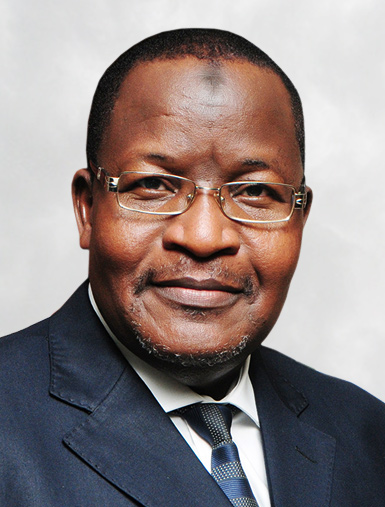Licensed by the Nigerian Communications Commission (NCC), infrastructure companies, otherwise called ‘InfraCos’ are designed to help open a new chapter in the country’s bid to expand connectivity. In all the NCC plans to have seven InfraCos spread across the country’s six geo-zones in addition to Lagos.
InfraCos licences are part of government overall strategies to unbundle the country’s broadband infrastructure market in order to meet its broadband penetration target.
Because InfraCos must contend with paucity of funds and a difficult environment to rollout, the NCC has sought to both subsidize and assist in ensuring more seamless market entry for InfraCos. This is both timely and necessary. The success of InfraCos is strategic to achieving Nigeria’s broadband target.
InfraCos are part of the greater National Broadband Network (NBN) deployment plan for which the country hopes to effectively address its broadband challenge.
There are almost 200 million Nigerians and only a 22% broadband penetration has been achieved meaning that more than half the population are still digitally in the dark.
Licensing, and supporting rollout by InfraCos will, therefore, allow for the rapid deployment of affordable and pervasive broadband services for Nigerians fostered on the open access model – a model globally adopted as a strategic means for the deployment of optic fibre backbone transmission infrastructure network.
Under the Open Access business model, InfraCos’ customers will include: Wholesale Wireless Last Mile Operators, RSPs (Retail Service Providers) that require wholesale bandwidth, Independent operators/ wholesale operators who require to lease transmission services and other access seekers such as Vertically Integrated Operators and NLDOs (National Long Distance Operators).
This framework should open fresh opportunities not only to expand affordable broadband access but also to deplore new innovative, bandwidth hungry services – still largely lacking because of Nigeria’s bandwidth scarcity.
Despite the availability of several submarine cables with over 9.3 terabytes capacity in the past four years, Nigeria paints the sorry picture of a nation starving in the midst of plenty. With the InfraCos in place, scarcity should become a thing of the past.
Why? The licensing of infrastructure companies should truly address the bottlenecks associated with broadband capacity from sea to the last mile. Fibre should finally move into cities and rural areas. The ‘InfraCos’ era should also promote infrastructure sharing, reduce Right of Way aches, promote local content and ultimately usher in smart states and smart cities.































